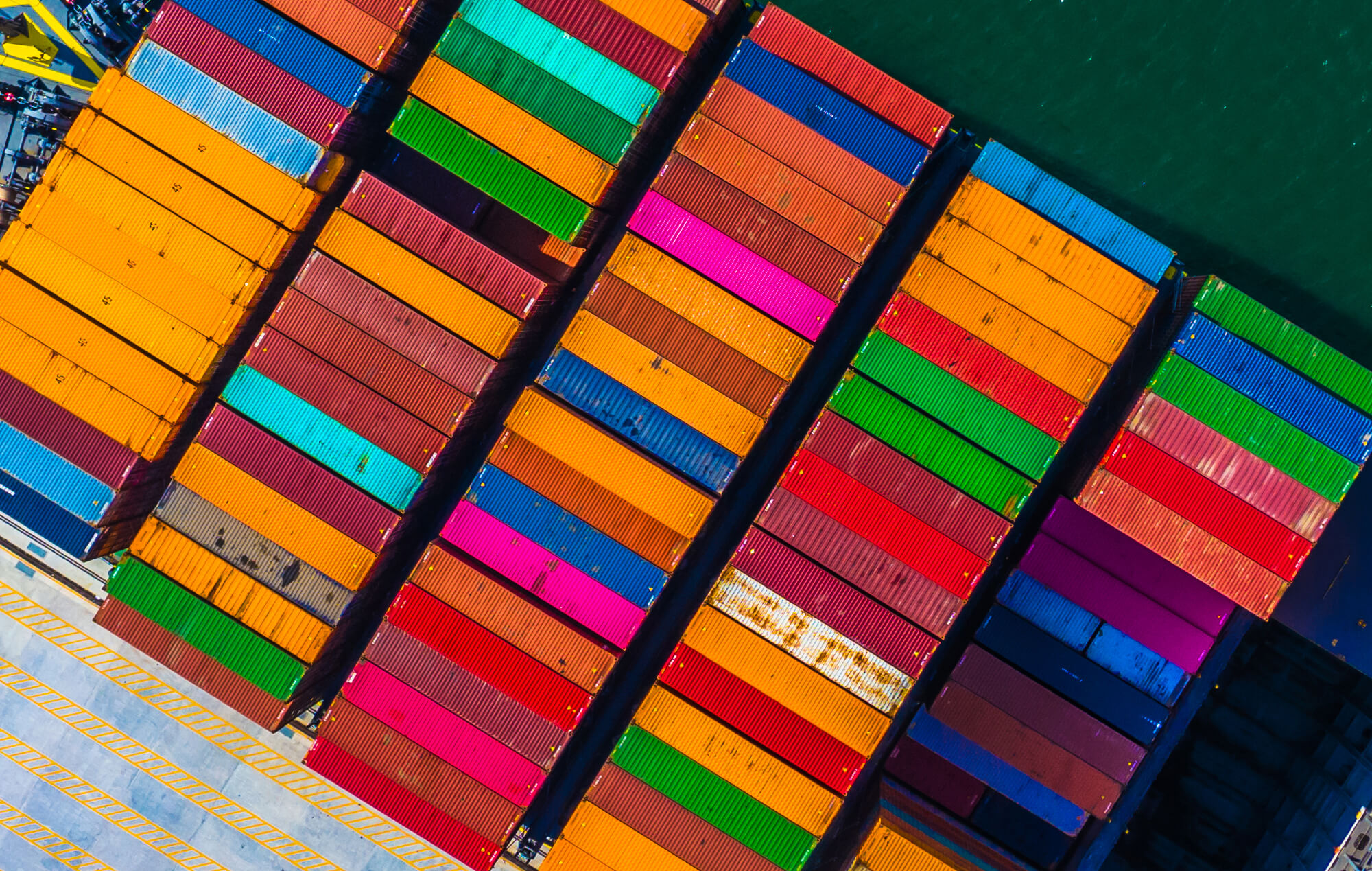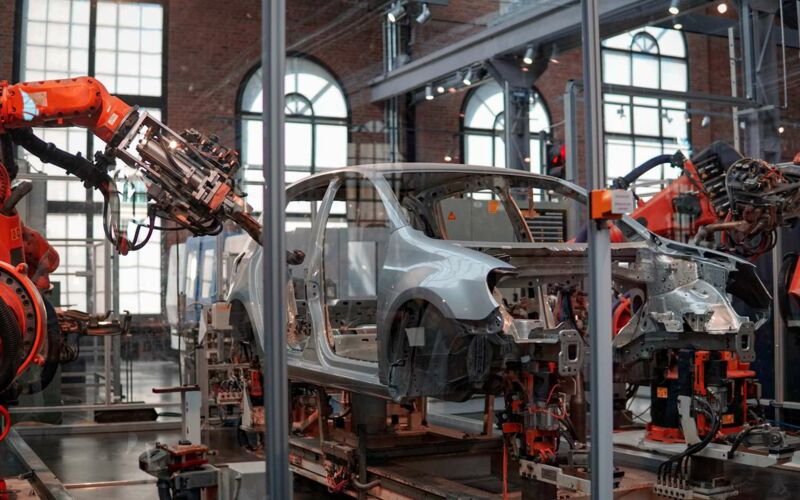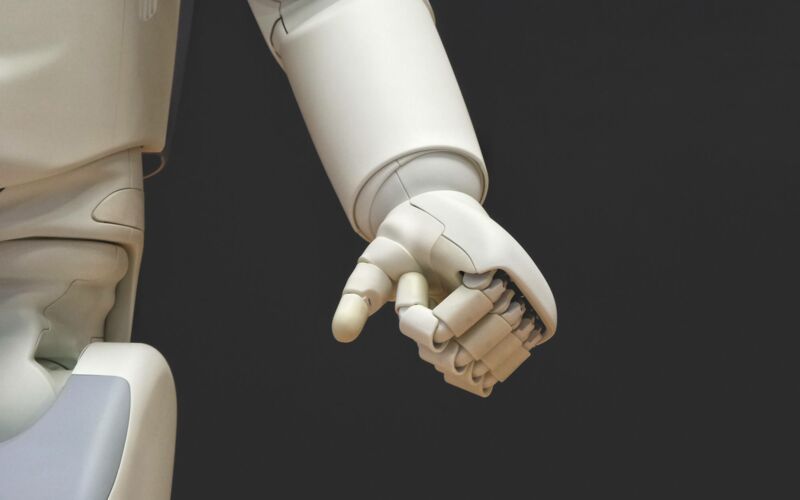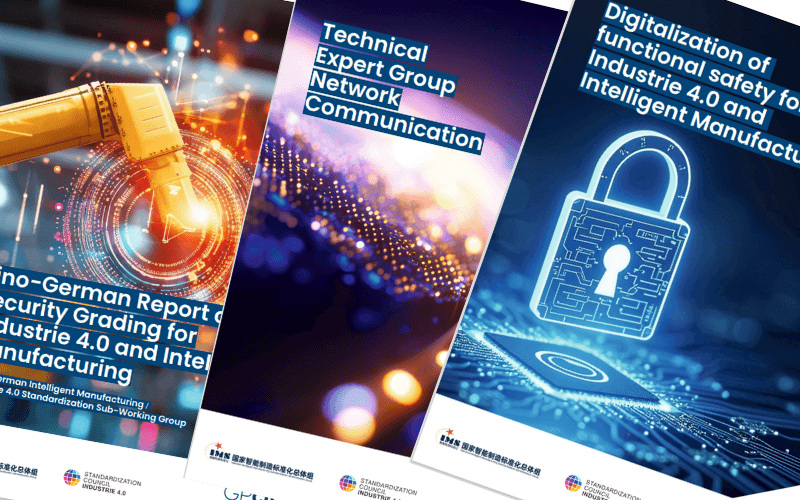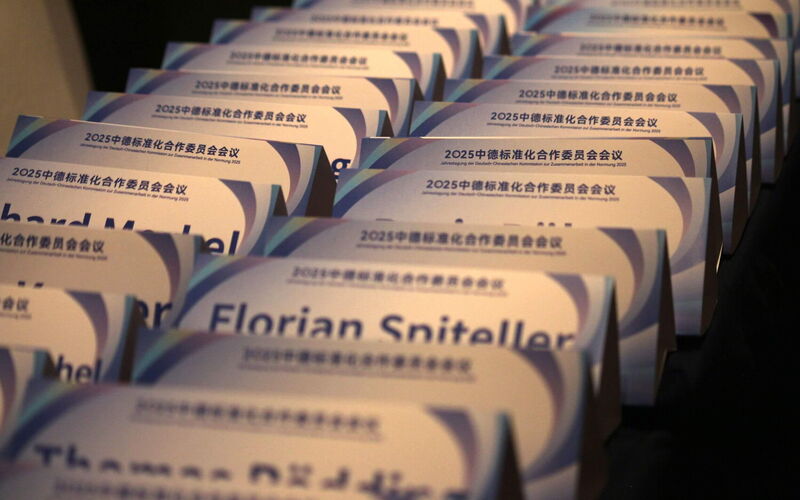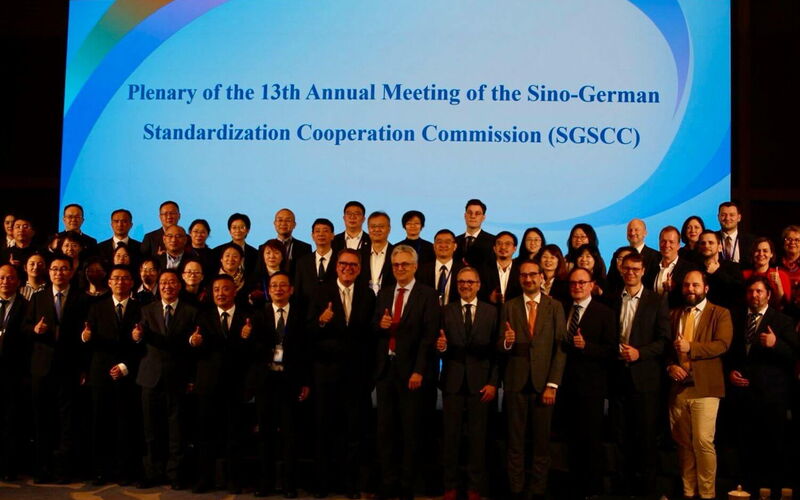Bilateral trade between Germany and China has seen continuous growth over recent years. China is Germany’s largest trading partner, and Germany is China’s most important trading partner in the EU. Traded goods include machinery, automobiles and automotive parts, electrical equipment, chemicals, metal products and clothing.
Germany and China have been working together since 2008 to increase product safety, reduce technical barriers to trade and promote the development of a bilaterally and internationally harmonised Quality Infrastructure (QI). Areas of cooperation include Industrie 4.0, machinery safety, medical devices, e-commerce, IT security and mobility solutions.
In a Joint Declaration, the German Federal Ministry for Economic Affairs and Energy (Bundesministerium für Wirtschaft und Energie- BMWE) and the Chinese State Administration for Market Regulation (SAMR) reaffirmed their commitment to the Sino-German Dialogue on Quality Infrastructure in 2019. The document serves as a foundation for continued cooperation in the Sino-German Standardisation Cooperation Commission (SGSCC), the Sino-German Working Group Accreditation and Conformity Assessment (WGACA) and the Sino-German Working Group Product Safety (WGPS).
The political dialogues involve relevant ministries, regulators, accreditation and standardisation bodies, industry associations and corporations from both countries. Political stakeholders on the Chinese side include:
- Chinese State Administration for Market Regulation (SAMR)
- Standardization Administration of China (SAC)
- Certification and Accreditation Administration of the People's Republic of China (CNCA)
- Ministry of Commerce (MOFCOM)
- General Administration of Customs (GACC)
- Cyberspace Administration of China (CAC)
- National Medical Products Administration (NMPA)
GPQI – Cooperating in Quality Infrastructure
Standardisation
Internationally harmonised standards are the prerequisite for interoperable systems. With GPQI, BMWE is promoting the harmonisation of standards in the German-Chinese cooperation on QI. GPQI provides Chinese and German experts with a platform to discuss and exchange views on bilateral and international standardisation cooperation. Here they develop a framework of common positions and promote coordinated standardisation proposals in international bodies such as International Electrotechnical Commission (IEC) and International Organization for Standardization (ISO). Key areas of interest are Industrie 4.0, electromobility and Intelligent and Connected Vehicles (ICV).
Conformity assessment and accreditation
To introduce a product to the European market, manufacturers must affix the CE marking. It proves that the product meets all European Union (EU) requirements for safety, health and environmental protection. The responsibility lies with the producers. China mainly focuses on a system of compulsory certification (China Compulsory Certification - CCC). Testing and certification are carried out by public or private conformity assessment bodies. Through accreditation by an independent third party, these conformity assessment bodies must demonstrate their competence to reliably conduct testing and certification.
GPQI provides support to both countries with the harmonising their conformity assessment procedures. It coordinates the ongoing dialogue between BMWE and Certification and Accreditation Administration of the People's Republic of China (CNCA), promotes the exchange between public and private stakeholders on the harmonisation of laws and regulations and fosters the mutual recognition of testing and certification procedures.
Learn more about conformity assessment and accreditation.
Market surveillance and product safety
An efficient and bilaterally aligned market surveillance system is an essential requirement for smooth trade between Germany and China.
Cooperation between the market surveillance authorities of bilateral trading partners is indispensable if adherence to quality and safety standards within transborder chains of production and trade is to be ensured.
To this end, GPQI supports direct communication and technical cooperation between the relevant ministries in both countries – BMWE in Germany, SAMR and MOFCOM in China. In both countries, authorities at federal state or provincial level play an important role for market surveillance. With Germany being part of the European Single Market, the regulatory framework for market surveillance in the EU is essential. Therefore, they are involved in the QI dialogue.
Events
Contact
Moritz Mang
Head of GPQI Country Component China
E-Mail: china@gpqi.org
Deutsche Gesellschaft für Internationale Zusammenarbeit (GIZ) GmbH
Tayuan Diplomatic Office Building
Room 1-13-1
No. 14, Liangmahe Nanlu, Chaoyang District
100600 Beijing, PR China
北京市朝阳区亮马河南路14号
塔园外交人员办公楼1-13-1
